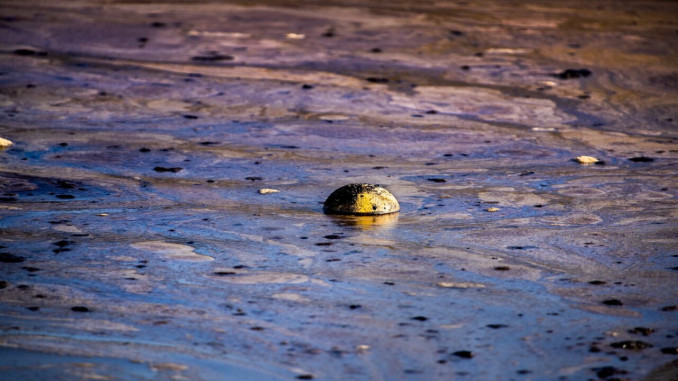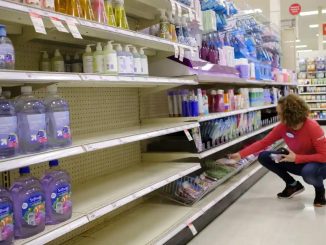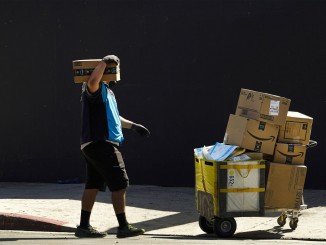
On Sunday, one of the largest oil spills in California’s recent history spread onto beaches, damaging wetlands and killing wildlife. The most probable source was a 13-inch split in a pipeline under the Pacific Ocean, likely caused by a collision with a ship’s anchor. The leak wasn’t shut down until more than three hours after the energy company was alerted of the pipeline’s “possible failure.” This gave the leak time to spew more than 140,000 gallons of oil into Southern California’s waters. This is what happens when safety is the responsibility of an energy company, whose profits are on the line if a pipeline is shut down.
This spill occurred during the peak of fall bird migration. While Southern California’s beaches and marshes normally provide refuge for thousands of migrating birds, these oil covered habitats now make the area dangerous and deadly. Oil on bird feathers also limits their ability to fly, clean themselves, and monitor their own temperature. Oil spills also kill sea creatures that can have trouble breathing or die from toxic fumes. Plus, the water is impossible to clean, so oil ends up washing up on beaches and coming into contact with people, too.
This is just another example of what happens when we use fossil fuels. The transportation of oil inevitably leads to spills that pollute the ocean and wetlands, damaging ecosystems and killing wildlife. This on top of the fact that burning these fuels release carbon dioxide into the atmosphere, raising global temperatures. If we want a future planet to live on, with rich species diversity, we need to keep these fossil fuels in the ground.




